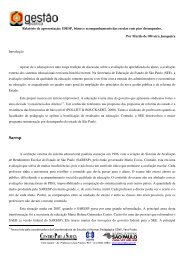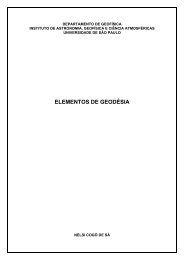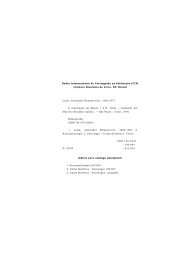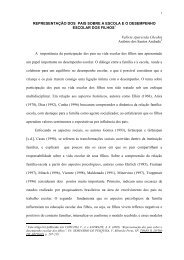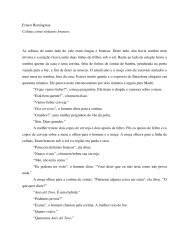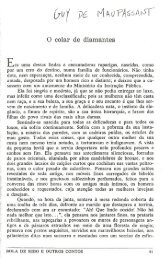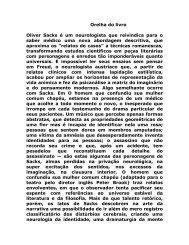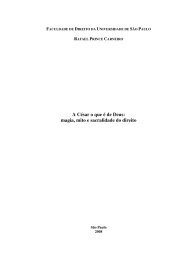A HISTORY OF MODERN IRAN - Stoa
A HISTORY OF MODERN IRAN - Stoa
A HISTORY OF MODERN IRAN - Stoa
Create successful ePaper yourself
Turn your PDF publications into a flip-book with our unique Google optimized e-Paper software.
106 A History of Modern Iran<br />
office but “had become the unofficial controller of almost everything in<br />
Isfahan.” 25 He had so much influence on the electoral board that he was able<br />
to “arrange” behind the scenes a suitable outcome for the Fourteenth Majles<br />
elections.<br />
The campaign for this election began with five strong candidates competing<br />
for the city’s three parliamentary seats: Taqi Fedakar, a young lawyer<br />
representing the trade unions organized recently by the Tudeh Party in the<br />
city’s large textile mills; Haydar Ali Emami, a merchant turned industrialist<br />
with strong links to local landlords; Sayyed Hashem al-Din Dowlatabadi,<br />
the son of a prominent cleric and the main spokesman for the local guilds<br />
and merchants – especially merchants who had acquired expropriated<br />
Bakhtiyari lands; Sheifpour Fatemi (Mosbeh al-Sultan), a close ally of the<br />
Bakhtiyaris and himself a major landlord in the region; and Ahmad Quli<br />
Khan Bakhtiyari, the eldest son of Morteza Quli (Samsam) Khan, the<br />
patriarch of the Ilkhani family. After 1941, Morteza Quli Khan had returned<br />
to reclaim his lands, reassert his authority over the Hajji Ilkhani branch, and<br />
free his tribesmen from military control. By 1944, he had accomplished<br />
much of his goal. He had obtained the governorship of the recreated district<br />
of Bakhtiyar stretching from Dezful to Chahar Mahal. He had reasserted<br />
authority over the Hajji Ilkhani and regained some of his family lands –<br />
although not those acquired by the Isfahani merchants. What is more, he<br />
had armed some 4,500 tribesmen and forced the military and the gendarmerie<br />
to withdraw from the Bakhtiyari region. The British consul reported<br />
that the military withdrew when it discovered that the soldiers were more<br />
eager to “shoot their officers than the tribesmen.” 26 The same consul<br />
reported: 27<br />
Under Reza Shah, the land and mill owners – who are mostly ignorant, believing<br />
that money can do everything, reactionary to a degree, and solely interested in<br />
making as much money as possible – reigned supreme in Isfahan with the help of<br />
the central government. But with the change of regime in 1941 and removal of the<br />
ban on communist propaganda, the Russian-backed Tudeh, led locally by Fedakar,<br />
began to develop by taking advantage of this struggle between labour and capital.<br />
At present Isfahan is the center of the struggle because of the existence of an easily<br />
organized body of uneducated opinion among the millhands.<br />
Despite these tensions, Akbar Mas’oud brokered an amicable deal.<br />
Ahmad Quli Khan Bakhtiyar and Sheifpour Fatemi took the less prestigious<br />
seats of nearby Shahr-e Kurd and Najafabad respectively. Meanwhile,<br />
Fedakar, Dowlatabadi, and Emami took the three Isfahan seats. In fact,<br />
these three urged supporters to cast their three votes for each other. In the<br />
final count, Fedakar received 30,499 votes; Dowlatabadi 29,470; and



